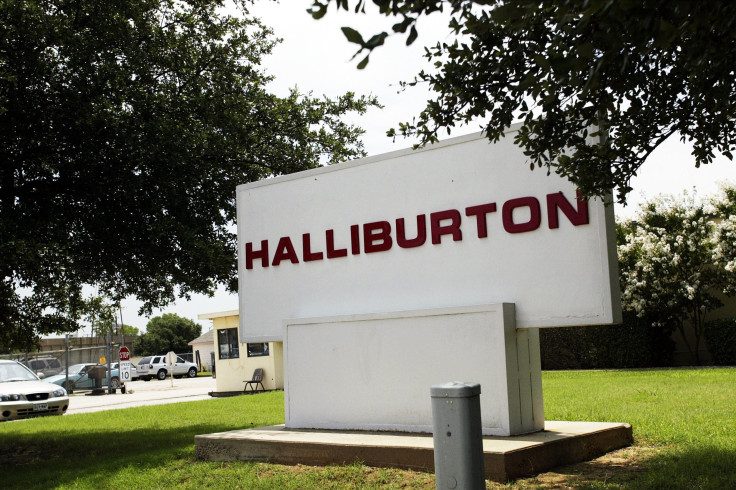Halliburton Co. (HAL), Baker Hughes Inc. (BHI) Call Off $28B Merger Over Antitrust Concerns

UPDATE: 7:00 a.m. EDT — In a statement released Monday following the termination of its $28 billion merger with Halliburton, Baker Hughes outlined its plans to cut costs and simplify its business. Among other things, the American oil services company will use the $3.5 billion merger breakup fee it receives from Halliburton to buy back $1.5 billion of shares and repay $1 billion in debt.
“The steps are intended to strengthen the company's competitive position, financial performance and shareholder returns during the ongoing industry challenges of today and for the additional opportunities that will be available when the market recovers,” the company said in the statement, adding that the initial phase of its cost reduction efforts is expected to result in annual savings of $500 million by the end of the year. Additionally, Baker Hughes will also refinance its $2.5 billion credit facility, which expires in September.
“The company will approach these actions thoughtfully, decisively and swiftly to position the company for success and to maximize shareholder value,” said Baker Hughes Chairman and CEO Martin Craighead. “As we implement these changes, we remain focused on running the business efficiently while capitalizing on our strengths as a product innovator to create new growth opportunities.”
Original story:
American oil services companies Halliburton and Baker Hughes called off their proposed merger, originally valued at $34.6 billion and now worth roughly $28 billion at current share prices, Monday amid concerns raised by U.S. and European antitrust regulators. If the merger had gone through, it would have combined the world’s second- and third-largest oil services companies, creating, in the words of the U.S. Justice Department, a “duopoly” that would have hurt competition and resulted in higher prices in the sector.
“The companies’ decision to abandon this transaction — which would have left many oilfield service markets in the hands of a duopoly — is a victory for the U.S. economy and for all Americans,” U.S. Attorney General Loretta Lynch said in a statement. “This case serves as a stark reminder that no merger is too big or too complex to be challenged, and that the hardworking men and women of the department’s Antitrust Division stand ready, willing and able to vigorously enforce the nation’s antitrust laws when companies propose deals that would enhance shareholder value at the expense of consumer interests.”
Halliburton, which has a market capitalization of $35 billion, said it would pay Baker Hughes a termination fee of $3.5 billion by Wednesday.
“While both companies expected the proposed merger to result in compelling benefits to shareholders, customers and other stakeholders, challenges in obtaining remaining regulatory approvals and general industry conditions that severely damaged deal economics led to the conclusion that termination is the best course of action,” Halliburton Chairman and CEO Dave Lesar said in a statement.
After the deal was announced in November 2014, antitrust regulators in the U.S. and Europe voiced their opposition to the merger. The companies’ efforts to sell assets to assuage regulators were also stymied by low oil prices.
In January, the European Commission launched an “in-depth” probe to look into the impact of the merger on competition in the sector, and, last month, the U.S. Justice Department filed a lawsuit to block the deal. At the time, the two companies vowed to “vigorously contest” the case, arguing that the merger was “pro-competitive.”
“The companies believe that the DOJ has reached the wrong conclusion in its assessment of the transaction and that its action is counterproductive, especially in the context of the challenges the U.S. and global energy industry are currently experiencing,” Halliburton and Baker Hughes said in a joint statement in April.
© Copyright IBTimes 2024. All rights reserved.






















